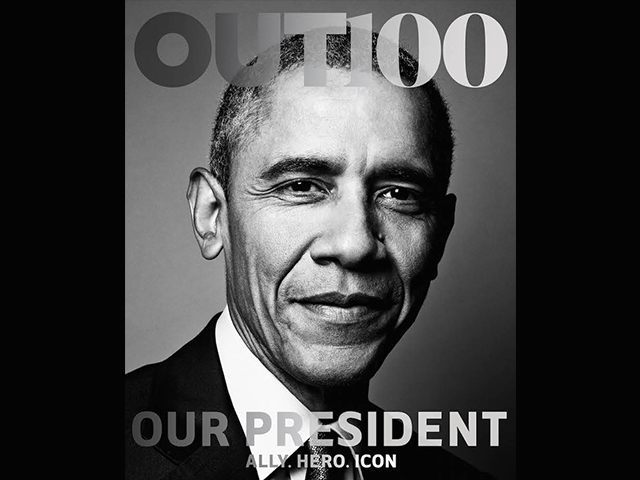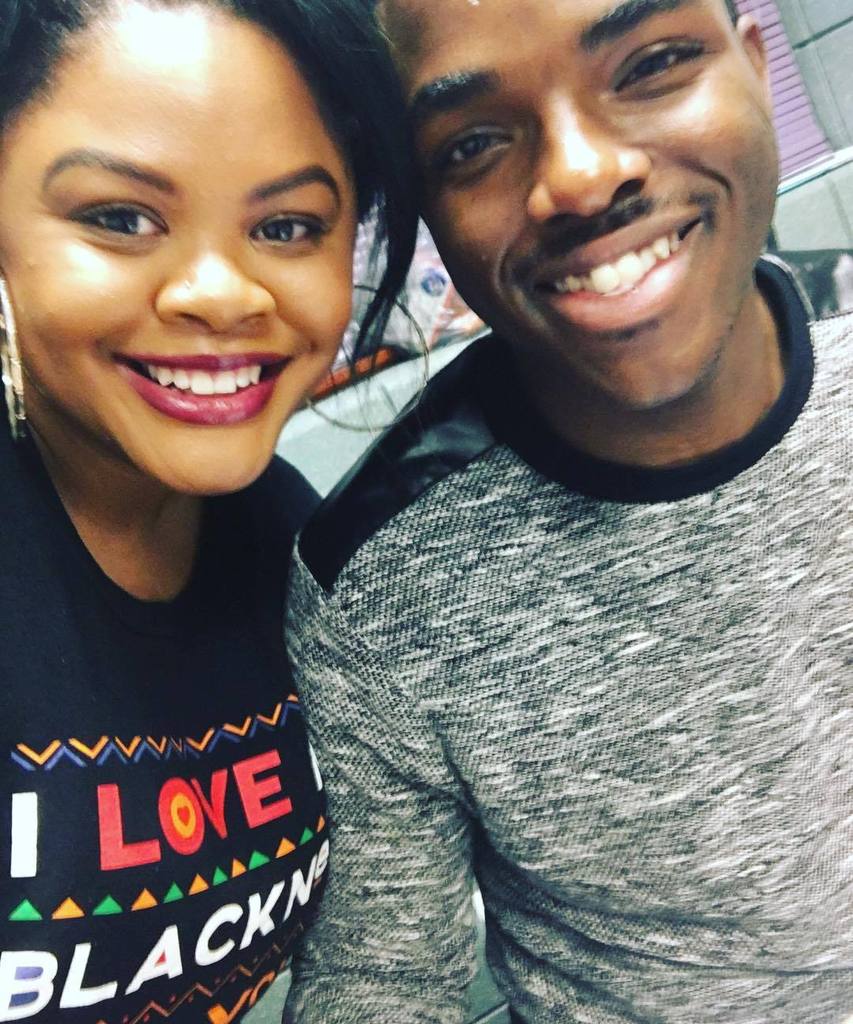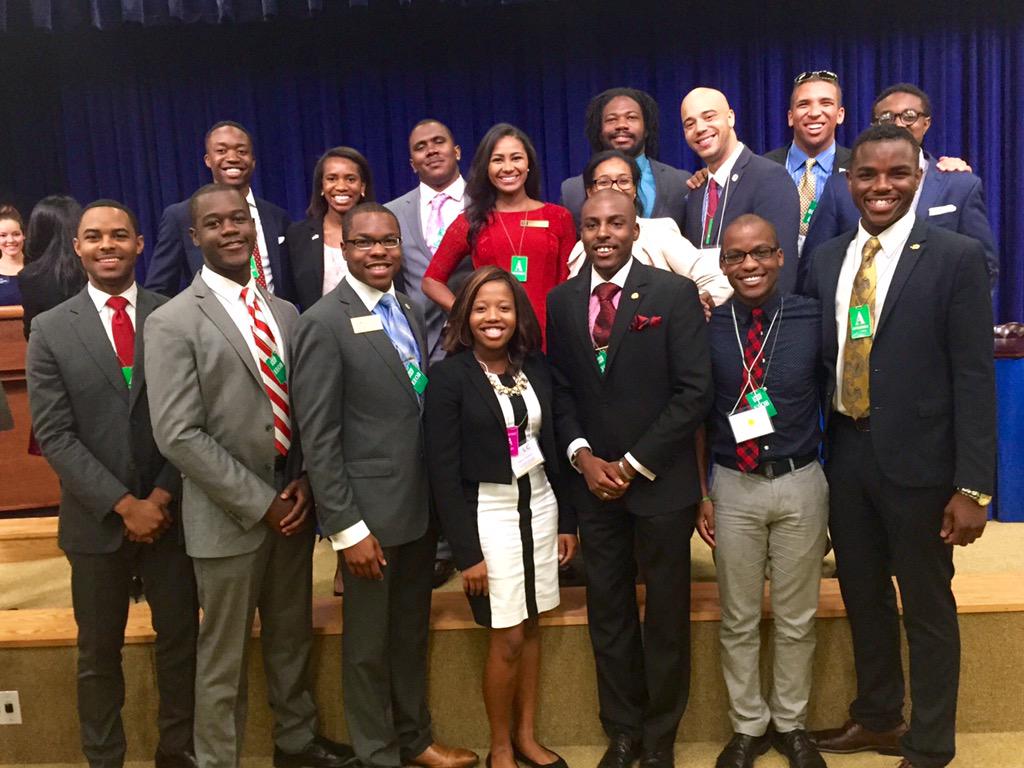There is a real kinship in the Obama White House with the whole LGBT agenda and it has been going on for years. Now it appears some aggressive tactics are surfacing at universities.
Good to know that US Secretary of Education
@arneduncan is committed to ending racism on college campuses.#cs1950 pic.twitter.com/YveWR4Sygz.
@MSAPresident & I have been strategizing & connecting today!http://ift.tt/1WSogij pic.twitter.com/fNjM78AAul
Last June, enough time to organize as noted below:
@Mizzou is in good company at The White House today!#BlackExcellence#PLS15 pic.twitter.com/mWFYsYlsEa
Other world leaders must be asking themselves and others just what the hell is going on. The world is in a meltdown and Obama is concerned with climate-change and LGBT agendas, even Israel is questioning the White House priorities and relationships.
The top activist at the University of Missouri is Payton Head and as suggested by a previous post on this site, the White House has their fingerprints all over the matter of the protests at Mizzou.
Payton Head has been to the White House along with several other Black Lives Matter activists, so this is no surprise.
Hat tip to Breitbart: The University of Missouri’s student body president, Payton Head, is apologizing“for scaring everybody with false KKK on campus rumor.”
It was a rough night on the campus of the University of Missouri, thanks in large part to Student Body President Payton Head. Head posted on Facebook earlier in the night that the KKK was confirmed on campus and that he was working with “the MUPD, the state trooper and the National Guard.”
The only problem with that terrifying statement is it wasn’t true and Head was forced to delete the post and apologize:
Given Head’s central role in recent protests at Mizzou, some may not be surprised to find a connection between Head, from an upper middle class Chicago neighborhood, and the nation’s community organizer in chief, Barack Obama. Per his Facebook page, the two met in July, 2011 when Head visited the White House.
There are also as yet unconfirmed Internet reports that Head interned for Chicago Mayor Rahm Emanuel.
Payton Head came from an upper middle class black family in Cook county. He was at the core of the debate over racial tensions. He wrote a long and vivid story on his experience at MU, and posted it on Facebook. Despite being only 7% of the student population, the student council is overwhelmingly (100%) black.
Who is Payton Head? Payton head was an honor student from Chicago. He is openly gay, and calls himself a Christian. He is well traveled. Within one year of his senior graduation from high school, Head traveled to Europe. He met Barack Obama. https://www.facebook…35072167&type=3 When he got to MU, he was selected to be a guide. Not many get that privilege. He resigned that position, and spent the summer in Chicago working on behalf of Rahm Emanuel. Here is a link showing Head being hugged by coldfish Emanuel. Although he is a third year student, Payton Head is still undeclared, but he is very interested in Social Justice. He has helped with seminars in Columbia, and elsewhere on Social Justice. In these seminars they talk about gender inequities, racial discrimination, same sex relationships, and the whole spectrum of sexual deviancy.
Also, Head’s father Lawrence was a Chicago high school principal apparently fired for performance, who then went on to sue the school system.
Lawrence Head, Plaintiff-Appellant, v. Chicago School Reform Board of Trustees, Defendant-Appellee.
No. 99-3408
In the United States Court of Appeals For the Seventh Circuit
Hold on…there is more.
Hat tip again to Breitbart:

President Obama has made history by becoming the first sitting U.S. president to pose for the cover of an LGBT magazine.
Obama is on the cover of Out magazine’s latest Out 100 issue as the publication’s “Ally of the Year.”
“The 44th President of the United States is our Ally of the Year—a president who came to office on a wave of euphoria, appeared to lose momentum halfway through, and has since rallied, helping us secure marriage equality, among other landmark initiatives that are transforming our place in America,” the editors of Out wrote in an article accompanying the cover.
Obama granted a wide-ranging interview to the LGBT publication, weighing in on his administration’s focus on LGBT rights, the “generational difference” in his daughters’ attitudes toward homosexuality and the role the United States could play in challenging the human rights records of more restrictive regimes in Middle Eastern countries.
Obama told the magazine his fight for equality began “from when I was a kid, because my mom instilled in me the strong belief that every person is of equal worth.”
Obama explained:
At the same time, growing up as a black guy with a funny name, I was often reminded of exactly what it felt like to be on the outside. One of the reasons I got involved in politics was to help deliver on our promise that we’re all created equal, and that no one should be excluded from the American dream just because of who they are. That’s why, in the Senate, I supported repealing DOMA [the Defense of Marriage Act]. It’s why, when I ran for president the first time, I publicly asked for the support of the LGBT community, and promised that we could bring about real change for LGBT Americans.
Obama also said he “wasn’t surprised” by the Supreme Court’s decision in Obergefell v. Hodges earlier this year, which legalized same-sex marriage nationwide.
“Well, I try not to guess how the Supreme Court is going to rule,” Obama said when asked if he expected the Supreme Court’s decision, adding:
But even before the decision came down, one thing was clear: There had been a remarkable attitude shift — in hearts and minds — across America. The ruling reflected that. It reflected our values as a nation founded on the principle that we are all created equal. And, by the way, it was decades of our brothers and sisters fighting for recognition and equality — and too frequently risking their lives or facing rejection from family, friends, and co-workers — that got us to that moment.
Obama also offered some advice for the “Kim Davises of America.” Davis, a Kentucky court clerk, was briefly jailed earlier this year for refusing to issue a marriage license to a same-sex couple, citing her Christian beliefs.
“I am a man of faith and believe deeply in religious freedom, but at the end of the day, nobody is above the rule of law — especially someone who voluntarily takes an oath to uphold that law,” Obama told the magazine. “That’s something we’ve got to respect.”
You can read the rest of President Obama’s interview with Out magazine here. The “Out 100″ issue is on newsstands this month.





